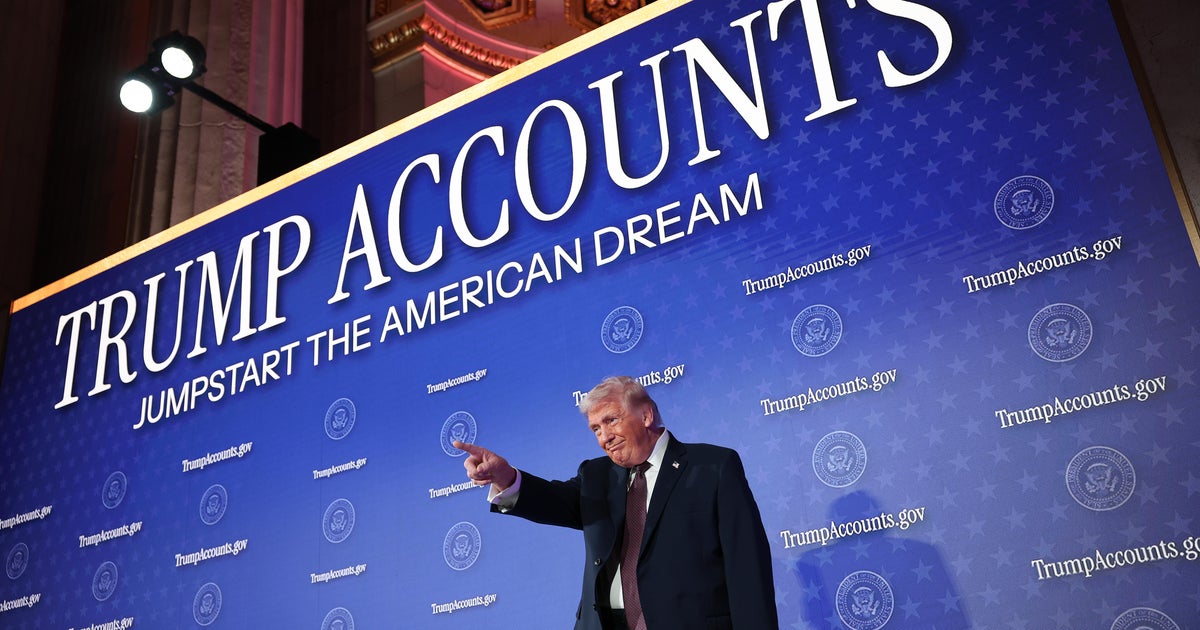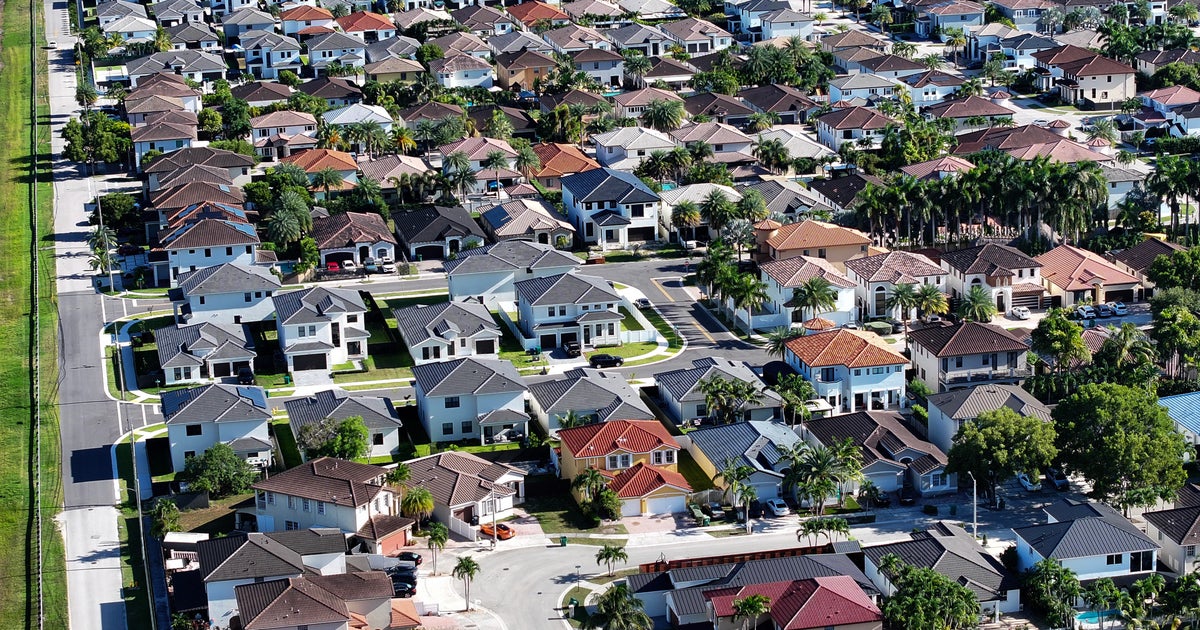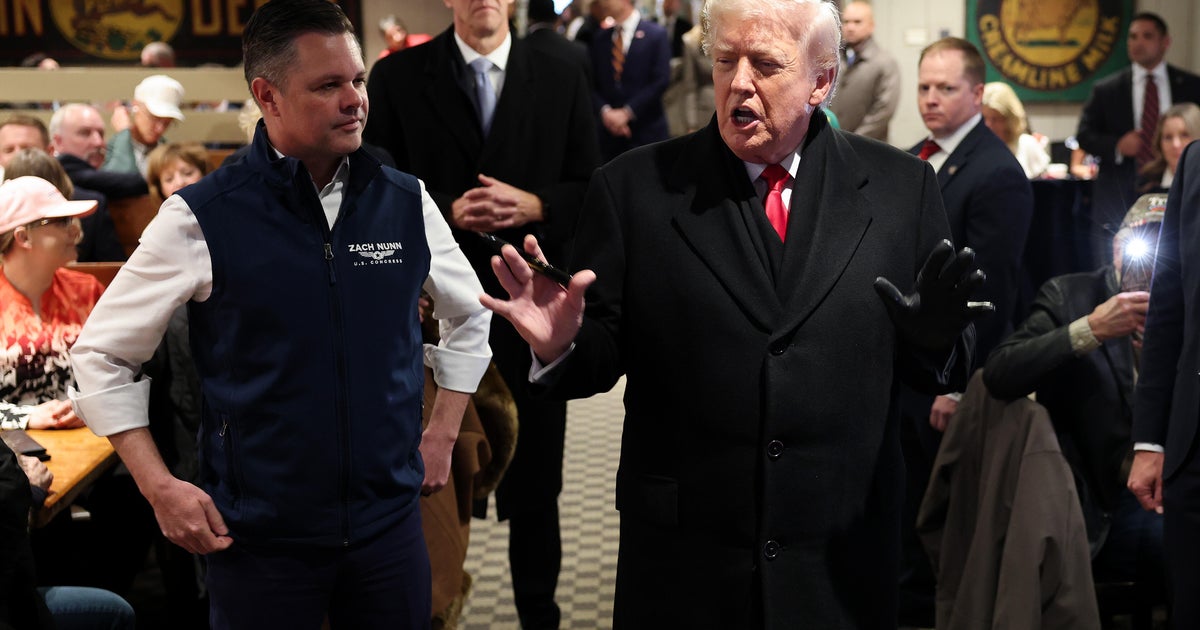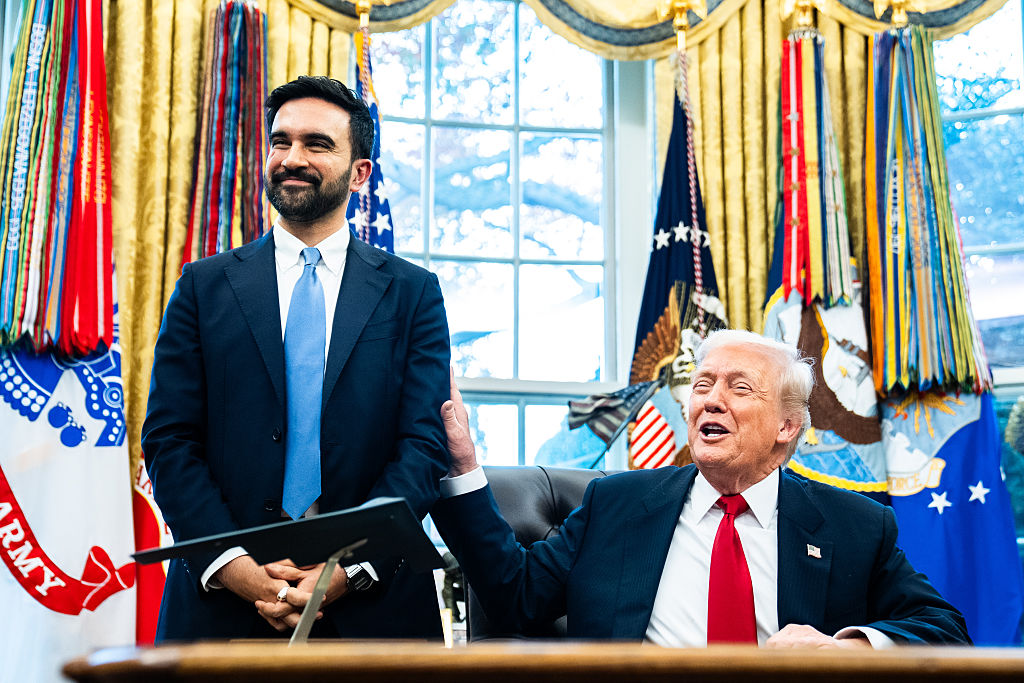Commentary: Making America's risk of a financial crisis great again
In the decades prior to the financial crisis, the U.S. underwent a period of financial deregulation under the assumption that market forces would prevent financial institutions from taking excessive risk. In particular, the shadow banking system -- financial institutions that don’t operate as traditional banks -- was lightly regulated.
However, as Alan Greenspan admitted in testimony on Capital Hill after the financial crisis, that assumption turned out to be wrong. The traditional banking sector, which is highly regulated, weathered the storm fairly well, but the shadow banking system came crashing down -- and brought the economy with it.
Nevertheless, Republicans are determined to roll back financial regulation, particularly measures implemented under the Dodd-Frank financial reform package passed in the aftermath of the financial crisis. I believe that’s a mistake.
Deregulation would increase the risk of another financial crisis and, should a crisis occur, make it more likely that the consequences for the nation’s economy would be severe. If anything, regulation of the financial sector should be strengthened rather than dismantled, as promised on Donald Trump’s transition website.
Unfortunately, it’s difficult to know for sure if tighter financial regulations have been successful. For one, the conditions that existed during the financial crisis haven’t been repeated, so new regulations such as forcing “systemically important” banks to have “living wills” designed to prevent government financial bailouts haven’t been tested yet.
The events of 2008 may have to fade from collective memory before another economically destructive financial bubble threatens to explode.
But beyond that, other regulations imposed under Dodd-Frank are designed to stop bubbles and other problems from starting in the first place. If they’re successful at preventing a bubble and things continue normally, how will we know? And if they’re unsuccessful, it could be many years before the problems surface.
We can argue about whether particular regulations are good or bad theoretically, and that has value. But it’s far too soon for an empirical assessment of whether Dodd-Frank has worked (and since financial crises can be decades apart, it could be a long, long time before that changes).
What we can do is assess the risks associated with dismantling Dodd-Frank. Two questions need answering. First, is Dodd-Frank working to reduce the risk of another crisis? As just discussed, that question can’t be answered empirically at this point. But I think most people would agree that it has reduced risk to some extent, even while disagreeing about how much.
That leads to the second question. Assuming Dodd-Frank does reduce risk, are the benefits of the regulations it imposes greater than the costs?
Let’s begin with the benefits. As the Great Recession illustrates, financial crises can impose very large costs on the economy and disrupt the lives of untold millions of people who had nothing at all to do with causing the economic problems.
And the costs go beyond the hit to GDP and other numbers used to characterize the economy. Recession have large impacts on individuals, families and their hopes for the future (not to mention things like the high levels of stress). These social and psychological costs cannot be ignored.
The benefit of financial regulation is that it reduces the chance of this happening again, and it insulates the economy if a crisis occurs anyway despite our best efforts to prevent it.
On the cost side, the worry among those pushing for deregulation is that Dodd-Frank will slow economic growth (though some would argue it’s more about giving powerful interests in the financial industry more opportunities to capture wealth). It’s possible that regulation has reduced growth, but if so, I don’t think the impact has been very large. Plus, growth fueled by excessive risk-taking ought to be avoided in any case.
Financial regulation can be viewed as insurance against the chance of another crisis, and much of the effort in Dodd-Frank is devoted to fixing the problems that occurred in the shadow banking system. But like any insurance, it has to be paid for. In this case, the cost of insuring against another financial crisis is a small reduction in economic growth -- if it’s affected at all. In my view, paying this cost is well worth the benefits it brings.
Reducing financial regulation isn’t going to create the economic growth miracle that President-elect Trump has promised, but leaving it in place could protect the millions and millions of people who might have their lives upset -- or ruined -- if another severe financial crisis should strike again.





